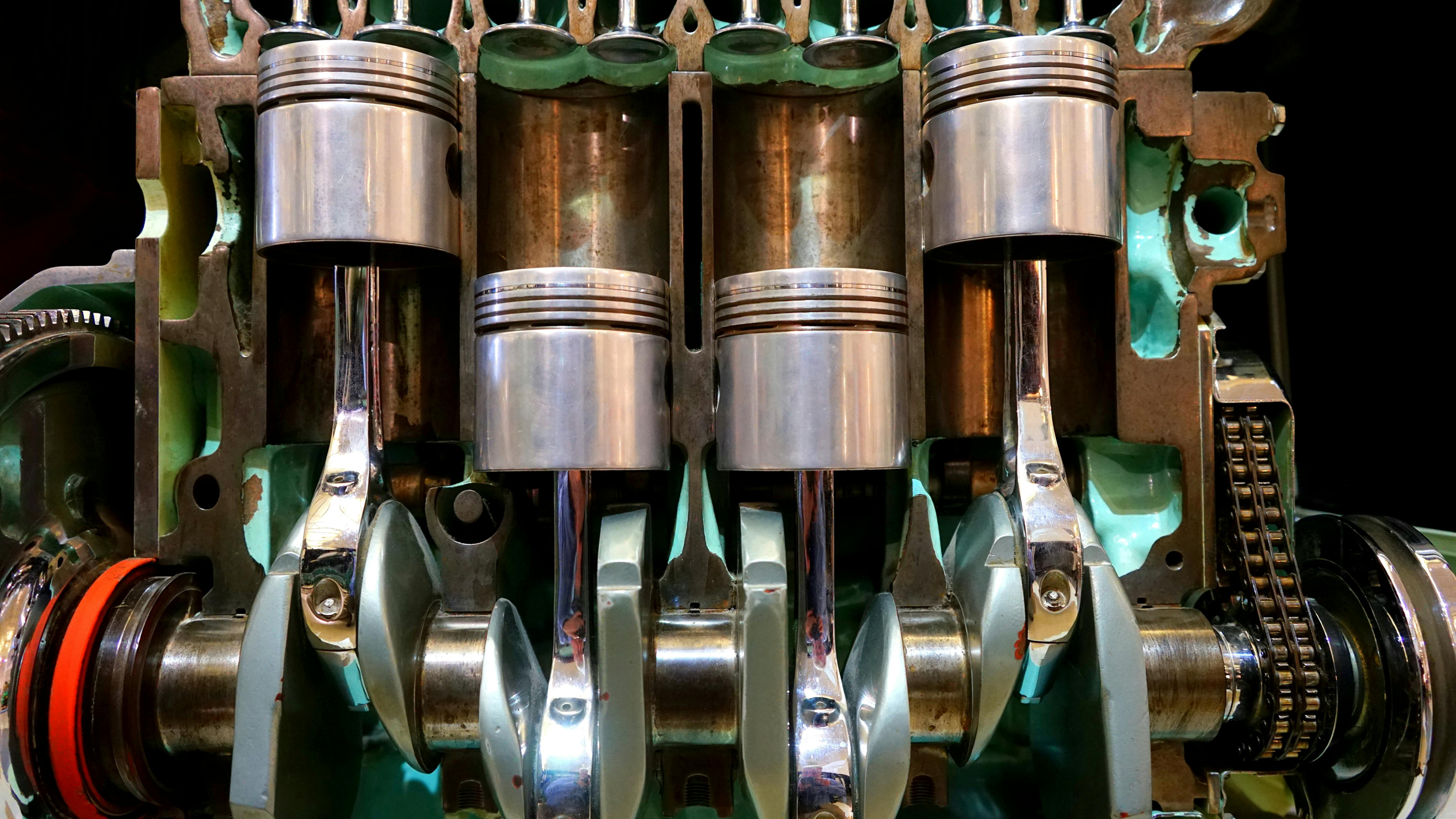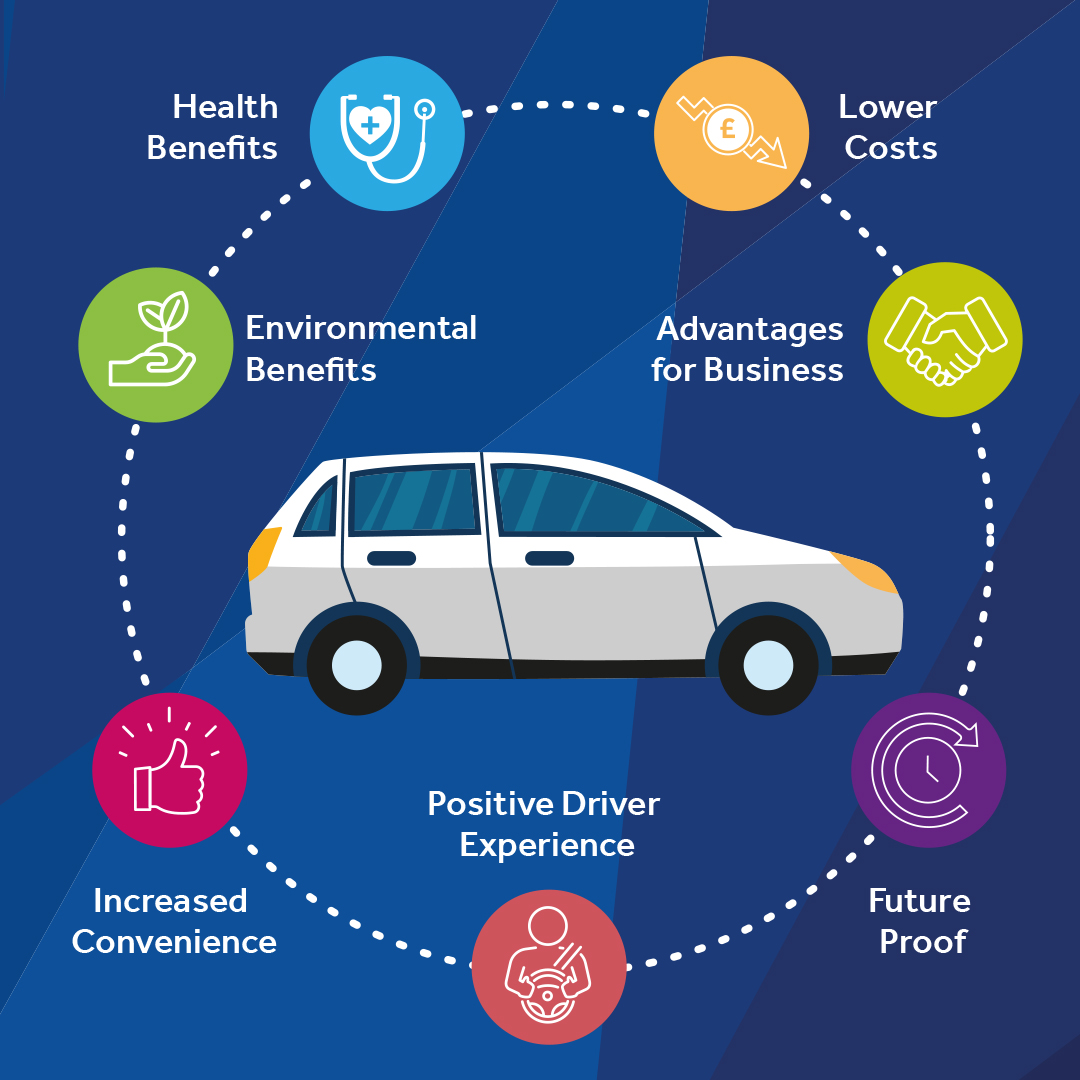Revolutionizing Electrical Engineering: The Role of Artificial Intelligence in Transforming Innovation
Artificial Intelligence (AI) has emerged as a disruptive force in revolutionizing numerous industries, including electrical engineering. In this article, we explore the profound impact of AI on electrical engineering, delving into its applications, advancements, and transformative influence on innovation within the field.
Applications of AI in Electrical Engineering:
1. Smart Grid Management:
AI algorithms optimize power distribution, predict demand patterns, and manage grid stability, enhancing the efficiency and reliability of power systems.
2. Fault Detection and Predictive Maintenance:
AI-driven predictive analytics enable early fault detection in electrical equipment, allowing for proactive maintenance and minimizing downtime in power plants and industrial settings.
Advancements in AI-powered Systems:
1. Machine Learning in Power Electronics:
Machine learning techniques optimize power converters, improve control systems, and enhance energy efficiency in electrical devices and systems.
2. Autonomous Systems in Energy Generation:
AI-powered autonomous systems, such as unmanned aerial vehicles (UAVs) for wind turbine inspection, streamline maintenance operations and reduce human risk in hazardous environments.
Challenges and Opportunities:
1. Data Quality and Interpretability:
Ensuring the accuracy and interpretability of data inputs remains a challenge in AI-based systems, necessitating robust data collection and validation methods.
2. Ethical Considerations and Safety:
Addressing ethical concerns and ensuring the safety and reliability of AI systems in critical electrical applications are crucial for widespread adoption.
Future Prospects and Innovations:
1. AI-driven Energy Optimization:
Continued advancements in AI will enable sophisticated energy optimization algorithms, contributing to the efficient utilization of renewable resources and energy storage.
2. Cognitive Automation in Electrical Design:
AI-based cognitive automation tools will aid engineers in designing complex electrical systems, optimizing layouts, and improving performance metrics.
Artificial Intelligence stands as a transformative catalyst in shaping the future of electrical engineering. As AI continues to evolve, its seamless integration into electrical systems holds the promise of enhanced efficiency, reliability, and sustainability, propelling innovation in the field to unprecedented heights.
latest video
news via inbox
Nulla turp dis cursus. Integer liberos euismod pretium faucibua









